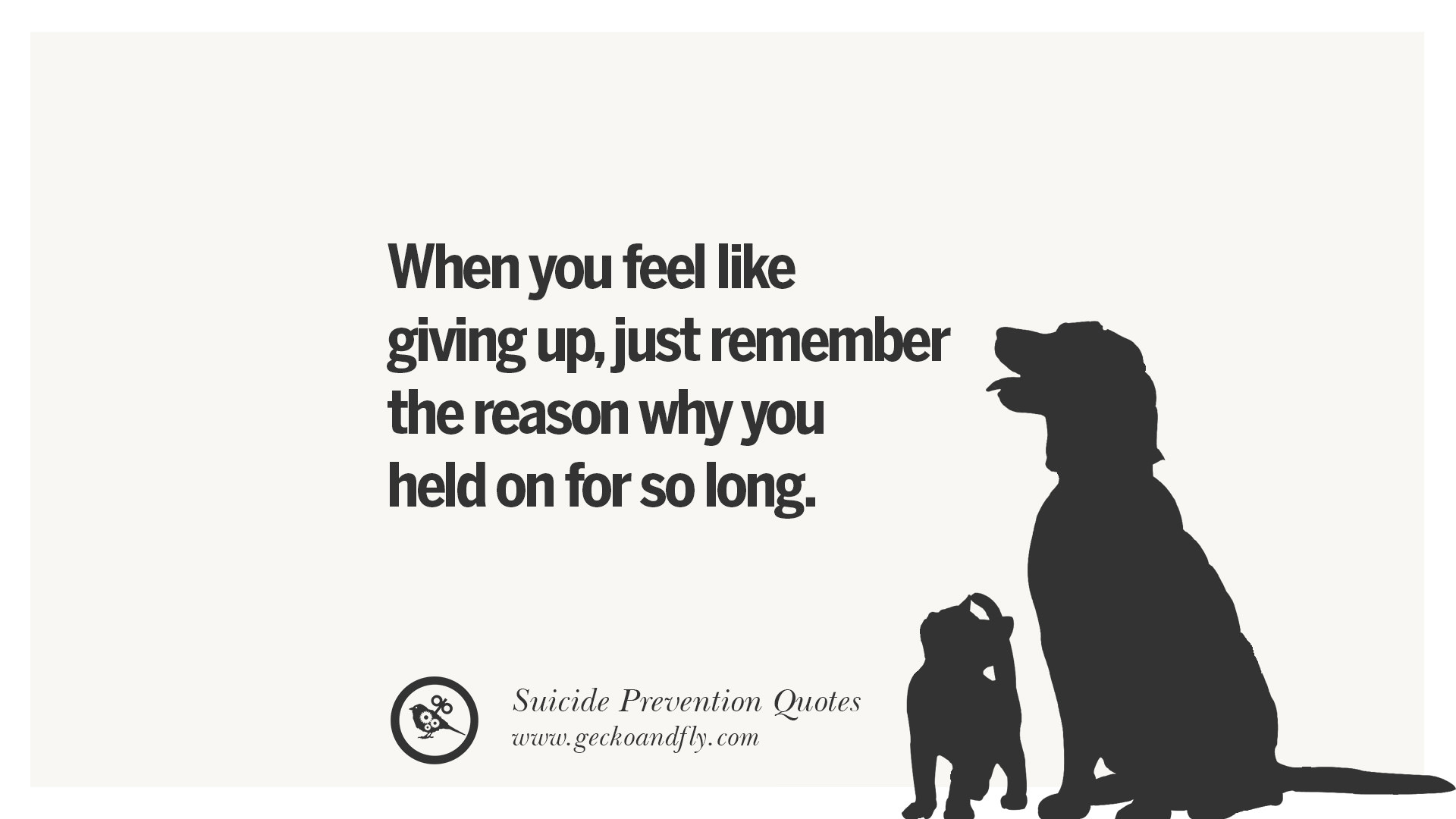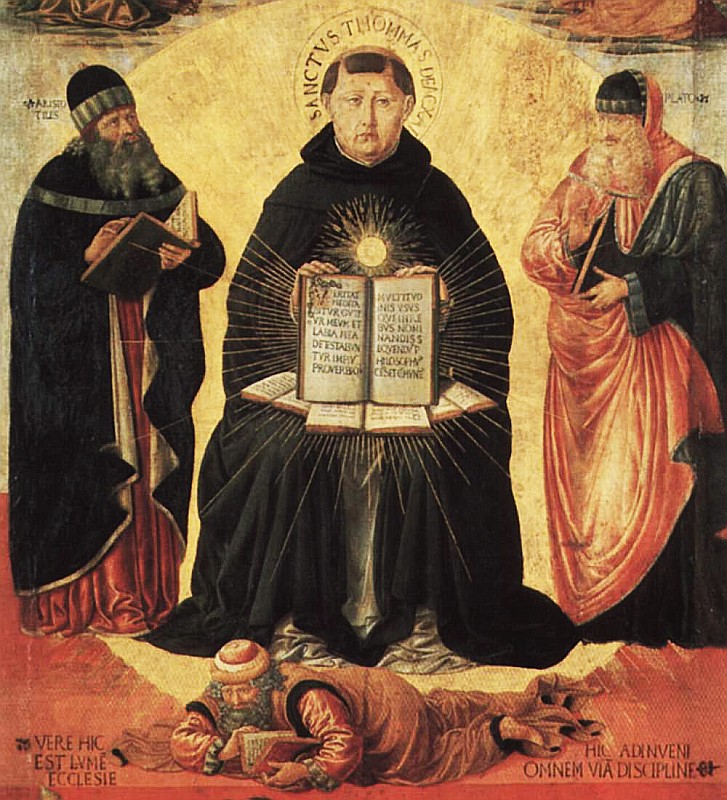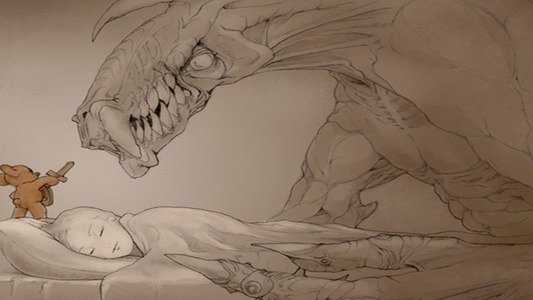✠ ✠ ✠
I.
I haven’t forgotten my series on natural law theory and Dr Feser’s essay on the perverted faculty argument. To my surprise, I’ve found still more to disagree with in his last few pages—the range of possible thoughts is huge, isn’t it—and so I’ll be writing one last post to address that.
Chesterton probably didn’t have my sort of (ugh) lifestyle in mind when he said that the walls of Catholic dogma were the walls of a playground, but I very much find it to be true. I feel so much more at ease in a definite world, even one with aspects I definitely dislike, than I ever did as a Protestant; in nine years that delight has never gone away. Some of my optimism, not to say naïveté, about the Church has indeed gone away—heaven and earth shall pass away, but my word shall never pass away.
II.
Four months into Trump’s presidency, and and impeachment has already become something much more than the wishful thinking of the die-hard left. Time flies, doesn’t it.
III.
In my incessant quest to waste as much time as possible on Netflix, I’ve finally branched out a little from ‘Archer’ and started watching a couple of more controversial programs: ‘The Keepers’ and ‘13 Reasons Why.’ I’m only one episode into the former, so I won’t offer a detailed opinion on it except to say that so far it’s pretty good. I still haven’t finished the latter, so I will opine cautiously about it, but I will say a few things.
One is that I’m not totally seeing where the controversy over it is coming from.1 I thought about suicide every six months, at least, when I was in high school—actually pretty much through all my teen years. And so far the depiction of Hannah Baker’s life is pretty convincing. (And it must be said, the acting, script, and directing are all outstanding. The show should get an Emmy.) Both teens and grown-ups do act like that sometimes, up to and including the huge project that forms the framing device of the series. If people are concerned that watching a series about suicide might influence a teenager toward suicide or self-harm of their own, that’s a valid concern; but most works of art are ill-suited to some audience or other. It’s a reason to recommend the work judiciously, not a reason to criticize the art or the artist.
Of course, there is a far less creditable possibility: namely, that the people who feel themselves represented in the show resent the implied criticisms it makes of them. Teachers, counselors, and administrators aren’t portrayed in an altogether flattering light, including failure to respond adequately to allegations of sexual assault or notice signs of suicidal thoughts; but that isn’t exactly unknown. I don’t know if anybody at my school or among my friends or even in my family knew I thought about it. And the brute fact is that authority figures aren’t always appealing as confidantes, not because they can be intimidating but because they can be annoying.
See, saying cutesy stuff like this to someone whose reason was 'I was too scared to do it before
and now I'm not' or 'Because last time my mom was still alive' is actually a fairly shitty idea.
I know that when I was young, depressed, and contemplating self-slaughter, the ‘suicide prevention’ lectures were certainly no help. From them, I learned the correct way of slitting my wrists, and that my only hope was to traipse off to the guidance office, bare the recesses of my soul to a flaky, middle-aged woman like the one hosting the series, and put myself on happy pills. I recall sitting in the back of the auditorium, with my black skirts swirling around me like a pool, ruminating on the cluelessness of the people who had arranged the lecture series. Their understanding of my psychology, I concluded, was utterly puerile.2
And leaving school personnel aside, not every person is eager to deal with the effects their actions, even the smallest ones, can have upon others. Judging from what I’ve watched thus far, Hannah’s character kills herself over an overwhelming heap of things that crushed her, not over one thing she couldn’t endure—and not over depression or mental illness, which are often but not always linked to suicidal ideation, because people are not machines where everything will go smoothly as long as you get all the default settings right.
IV.
Most of my earliest memories were made on Fort Ord, which was cheek-by-jowl against Monterey, California, and you were never too far from the sound and scent of the ocean there. Ever since, I’ve never felt totally right when I’m too far inland—I’ve got to be near a coast, at least able to drive out and see it if I have a day off. It isn’t the same as watching the sun set, red and gold, in the Pacific, sitting on one of those big, ragged rocks on the coast of Monterey Bay, while the salt wind whips against your face; but I’ll take what I can get.
I kept telling myself last summer that I was going to make a trip to Rehoboth. Or some beach, anyway, and Rehoboth happens to be one of my favorites that’s within a day’s drive: it doesn’t have the trashiness and commercial hugeness of Ocean City, or the face-dissolving pollution of the Chesapeake (and the less said about the putrescent smell of Baltimore’s Inner Harbor the better, though I’m not above going there when I really want a fix of seaside). It’s a cozily built town, and you can find parking before you gnaw your own leg off from ennui. Fingers crossed to get out there some time this summer.
V.
Bacardi white rum sucks. I said it. I’m not sorry. Tastes like margarine. What doesn’t suck is Jameson and Grand Marnier over ice with a few dashes of Angostura bitters (kind of a poor man’s Manhattan, but without the vermouth because I didn’t feel like buying any, and without the twist of lemon because I was too lazy to cut a lemon).
✠ ✠ ✠
1Probably the silliest critique I’ve yet encountered was by a reviewer from the New York Times, who found it unbelievable that somebody would listen to the recordings made by the suicide victim slowly instead of all in one go, saying that ‘It makes no sense as anything but a plot device,’ because people only behave in one way, ever, and would never be reluctant or intimidated to hear a close friend’s explanation of why she killed herself.
2Melinda Selmys, Sexual Authenticity, p. 30.












